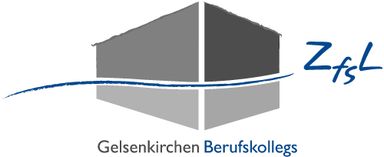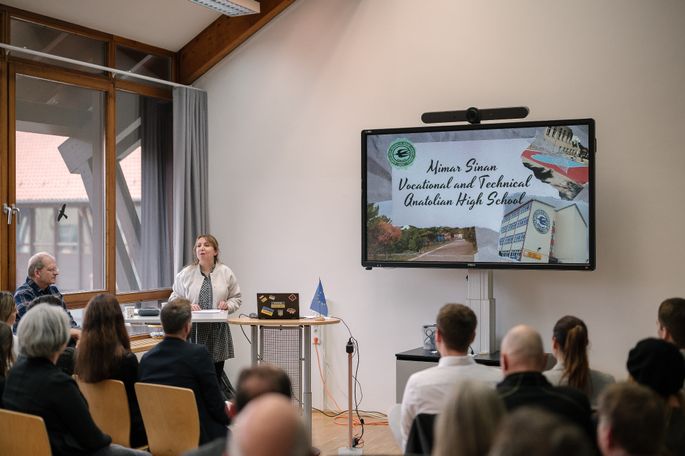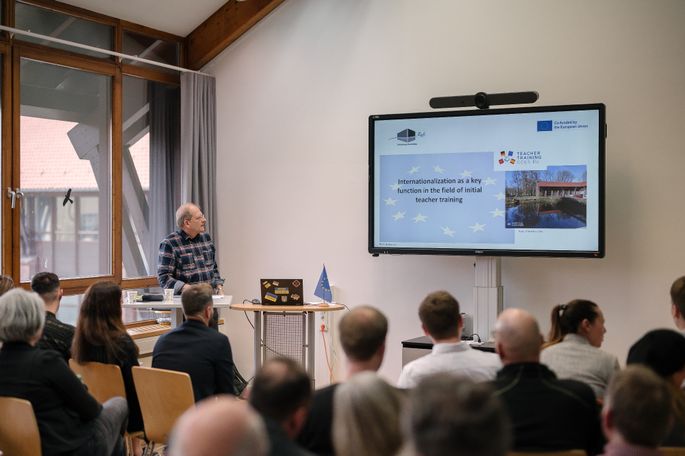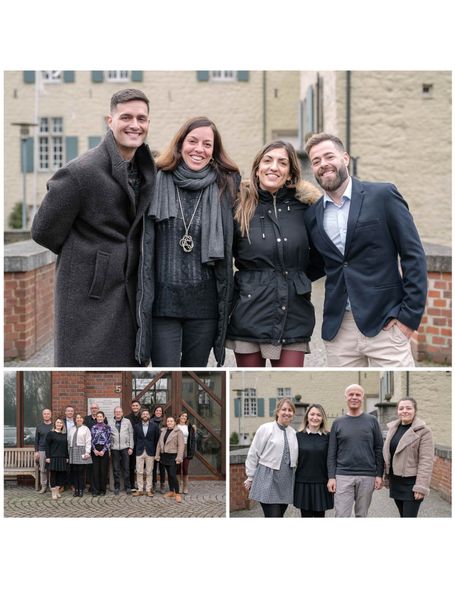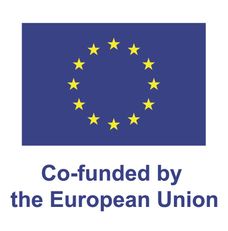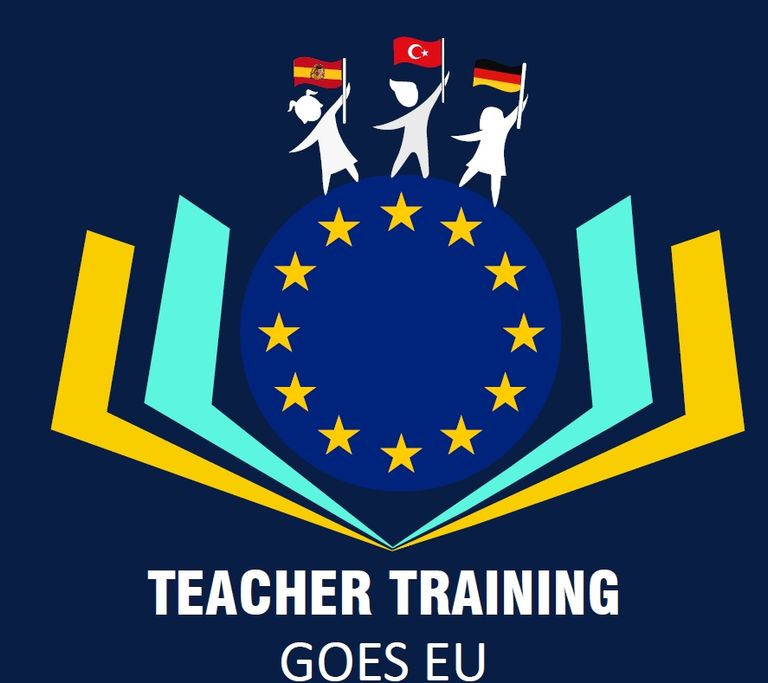
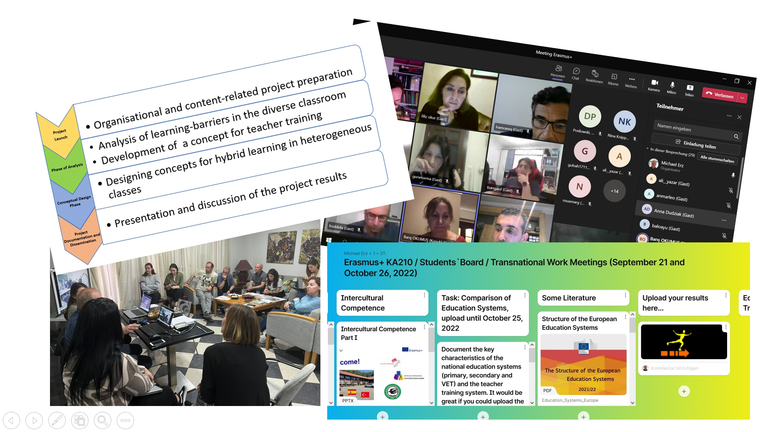

Summary of the project idea and the focal points of the work
The aim of the cooperation between the ZfsL Gelsenkirchen and selected European partner institutions is to develop a joint training concept to give prospective teachers and young teachers of all subjects at vocational schools key competencies to cope with the central educational policy challenges of the 21st century (dealing with diversity, promoting digital skills, design education processes for sustainable development) and to motivate them to actively participate in enhancing the European profile of their respective schools.
By means of an exemplary comparative analysis of different national vocational training systems and their didactic and methodological principles as well as the joint conception and evaluation of teaching projects (both via the eTwinning working platform and through cooperation during on-site meetings in Las Palmas and Ankara), previously neglected synergy effects can finally be benefited from, and innovation potentials can be developed.
A systematic transnational cooperation in teacher training to deal with diversity in the classroom and to promote digital skills will highly contribute to increasing the quality of vocational training in Europe.
The project is divided into 2 parts, an analysis phase and a concept phase. The first step is to examine the curricular framework and the state of research in the participating countries with regard to concepts for dealing with diversity in the classroom. With regard to one's own teacher action, an analysis tool will be designed to analyse one's own individual teaching in challenging classes. In the application of this tool, own lessons will be videographed in order to discuss the lessons more intensively in the transnational meetings.
The conceptual phase is about developing approaches to individualise learning processes in heterogeneous classes based on the deeper learning approach. In particular, the extent to which digital tools can offer support is examined. The project participants develop exemplary lessons.
On a second project level, the aim is to consider how dealing with diverse classes can be integrated more intensively into initial teacher training and further teacher training.
The project is organised in such a way that monthly virtual transnational working meetings take place on TEAMS. At the end of the analysis phase and the conceptual phase, project meetings take place face-to-face in Las Palmas and in Ankara.
30.5.
-3.6.
2022
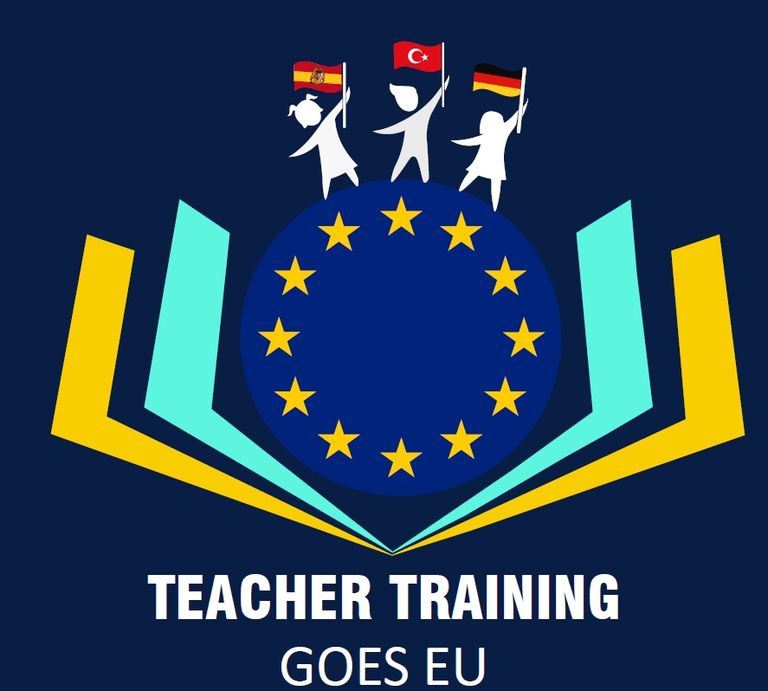
Preparatory Meeting / Gelsenkirchen, Germany
The central objective of the preparatory meeting was to concretise the project in terms of dates, organisation and content, as well as to define in more detail the focal points of the individual project modules.

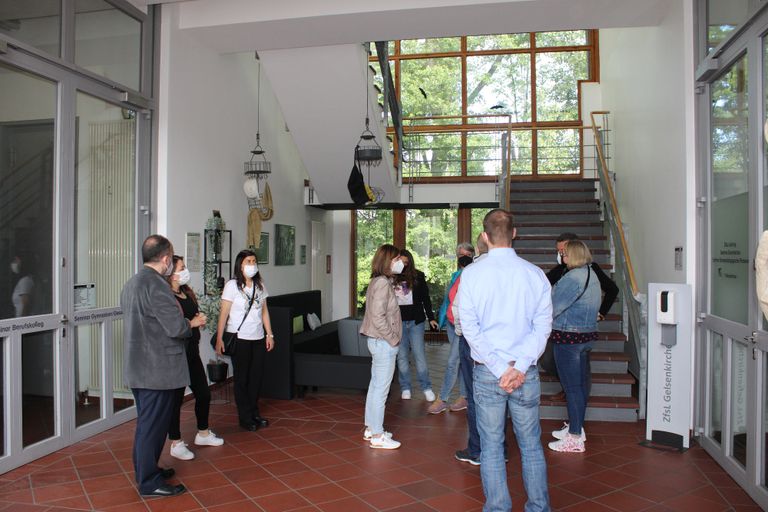
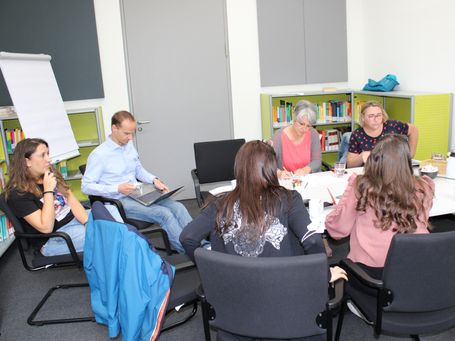
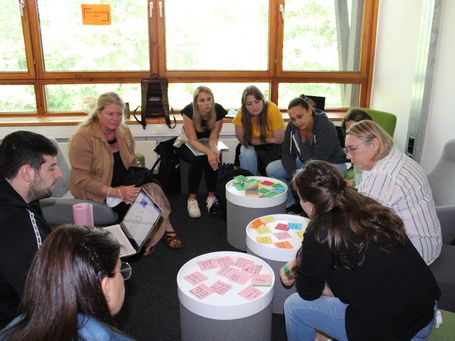
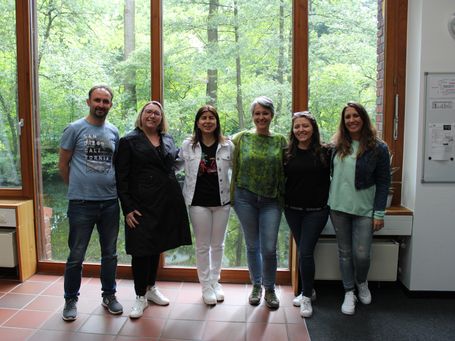
Visits to the Max Born Vocational College in Recklinghausen and the Center for Teacher Education at the University of Münster (ZfL) gave the project partners a deeper insight into the German system of teacher training.
Based on an in-depth discussion of the different organisational or methodological-didactic training approaches in teacher training, a basic didactic structural model for teacher training could be drafted in a first version. This result clearly goes beyond the objective of the preparatory meeting as presented in the project proposal. The structural model, which essentially draws on the didactic approaches in the context of "deeper learning", will be further developed at the level of the trainers in the training curricula to be innovated for teacher training at the participating institutions. At the same time, however, it also represents a practicable basic structure for the prospective teachers / young teachers involved in the project for the development of their own teaching. Thus, a methodological-didactic instrument could also be found that provides a scientific-theoretical structuring aid for this project.
In addition to the results of the working meeting shown in the project application - a first coordination took place on 31 March 2022 in a virtual meeting of the project coordinators - a hybrid working structure was designed for the cooperative work of both the trainee teachers and the trainers and concretised in a project work plan in terms of dates and content.
Monthly Virtual Meetings
To ensure the greatest possible continuity in the project work, virtual meetings were held with all participants on a monthly basis. These meetings were attended by both the project coordinators of the participating institutions and the teacher trainees (see also the overview of the project structure on this page). In addition, monthly meetings of the project coordinators were scheduled.
The project results were continuously documented on the Microsoft TEAMS and Padlet platforms.
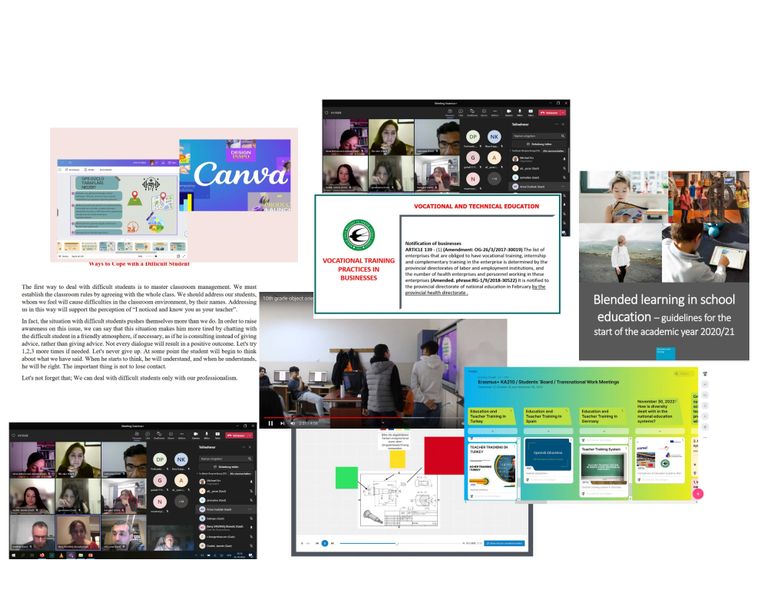
Until the first transnational work meeting in Las Palmas, the focus was on the following priorities:
- Sensitization for intercultural thinking and acting (introduction to non-formal learning)
- Preparation: Comparative analysis of the (vocational) education and teacher training systems in the participating countries
- Introduction to the European work of the participating institutions
- Introduction to the organization and implementation of activities within the Erasmus+ program
- Introduction to virtual learning (eTwinning, EU academy)
- Use of the "Europass" portal

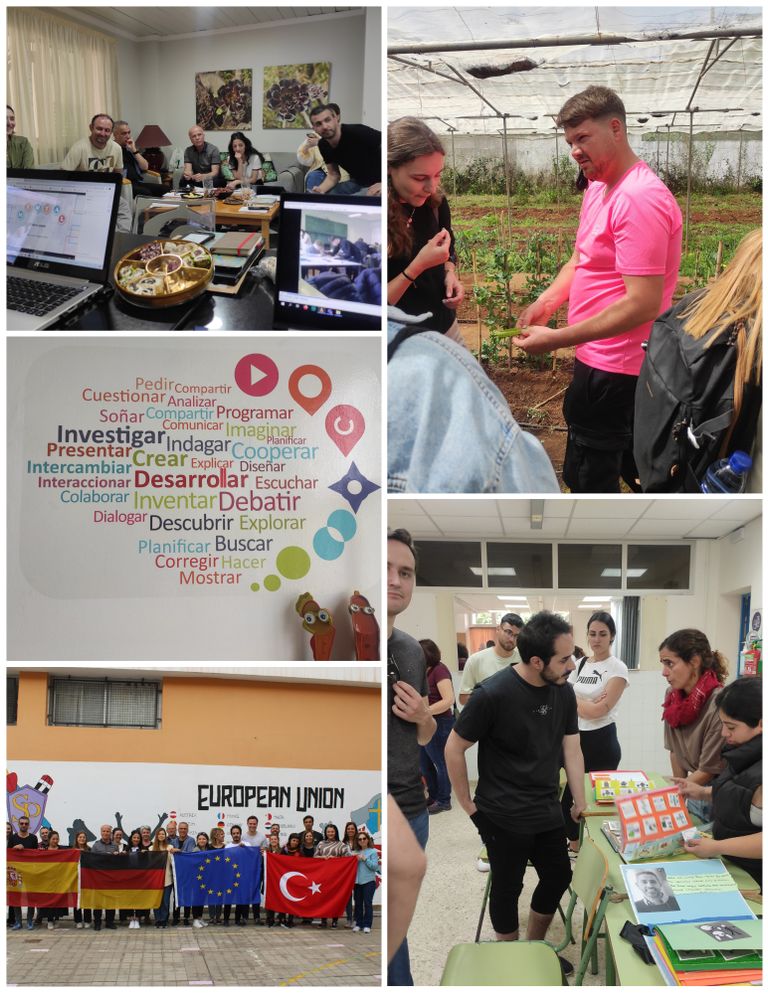
18.3.
- 25.3.
2023

Work Meeting Las Palmas / Spain
The thematic focus of the previous virtual working meetings consisted of a sensitization for intercultural thinking and acting in teacher training as well as a comparative analysis of the national vocational training and teacher education systems and the handling of diversity in the classroom. The knowledge of formal as well as didactic and methodological specifics was an essential basis for the further planned joint development of hybrid learning formats. On a national level, the trainees developed and tested concepts for the systematic analysis of the learning behaviour of students in heterogeneous classes and systematically reflected on the resulting differentiation approaches with the help of video recordings.
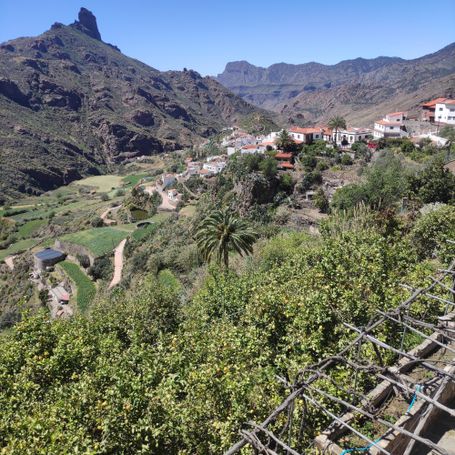
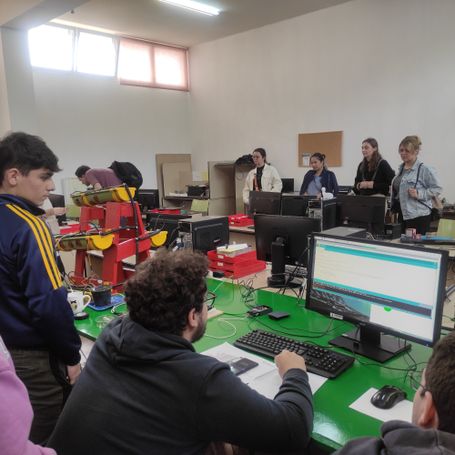
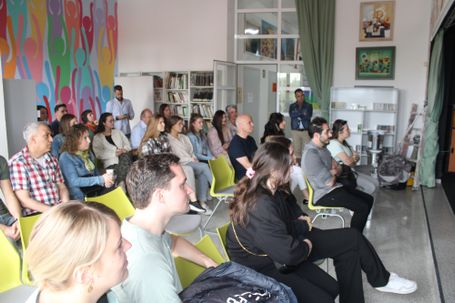
During the first face-to-face working meeting in Las Palmas, these results were discussed and, on the basis of this, transferred into joint conceptions.
In a first approach, implementation possibilities of digital and hybrid learning formats for the individualization of learning processes in heterogeneous learning groups were worked out on the basis of the previously developed teaching examples.
Visits to different schools on Gran Canaria as well as to the partner institution Centro Profesorado enabled a deeper insight into the Spanish system of teacher training and the handling of diversity respectively the current approaches for an individual support of students with learning disadvantages.
On the side of the trainers, a first documentation of the professionalization cycle based on the approach of deeper learning for the professional training of teachers at vocational schools took place. In addition, a presentation was prepared for the presentation and dissemination for in-depth reflection of lessons on the basis of video recordings.e72e71cf-59dd-419a-8324-64ea0462e445

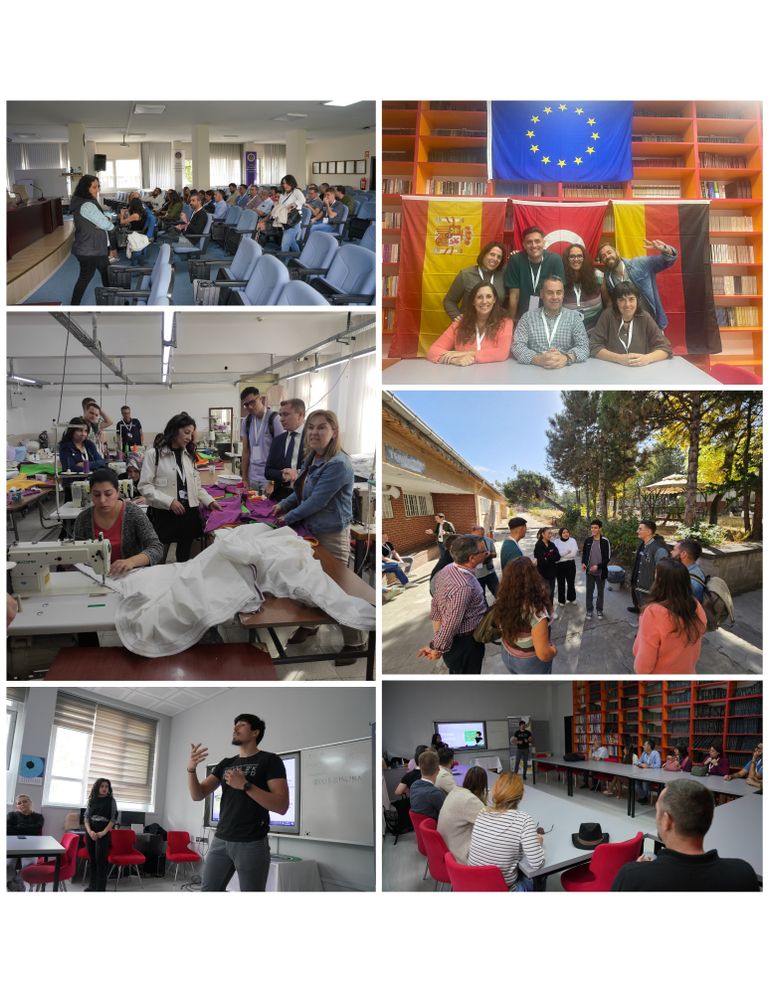
21.10.
- 28.10.
2023

Work Meeting Ankara / Turkey
The focus of the activities for the trainees in the period from April 2023 to Work Meeting II in Ankara in September 2023 was on testing, evaluating and modifying the previously developed pedagogical approaches
- for video analysis of lessons
- to implement various forms of digital/hybrid teaching to balance learning participation and individualise teaching in phases in heterogeneous learning groups.
The practical implementation of these concepts was discussed intensively in Ankara on the basis of videotaped lessons and the need for optimisation was derived from this.
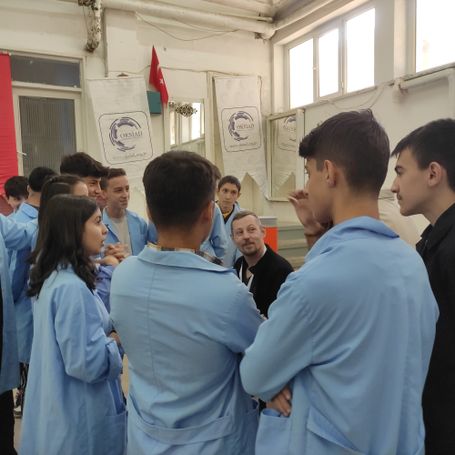
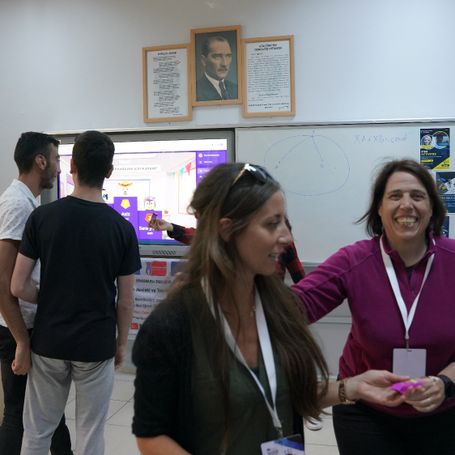
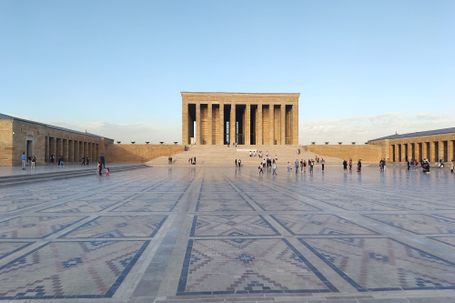
In addition, the working meeting in Ankara provided a good opportunity to discuss individualisation concepts with Turkish teachers as part of lesson observations and joint planning meetings. The sometimes very different views on pedagogical principles for the use of digital media offered good opportunities to expand individual basic assumptions.
On the part of the trainers, the concept of the professionalization cycle for the training of prospective teachers was updated and initial implementation experiences were discussed. Feedback from the teacher training departments at several universities in Ankara was particularly helpful at this point. In a first approach, possibilities were discussed to achieve - at least in phases - individualisation in teacher training on the existing basis.
18.02.
-23.02.
2024

Final Meeting / Gelsenkirchen, Germany-
Project Presentation
The focus of the final working meeting in presence was the final revision of the developed structural approach for teacher training. This approach was first discussed with representatives of Münster University of Applied Sciences (Münster School of Vocational Education / IBL). Initial experiences from the implementation of the approach in the second phase of teacher training at the ZfsL in Gelsenkirchen, and in particular the experiences of the project partners in Turkey and Spain, were incorporated into this discussion.

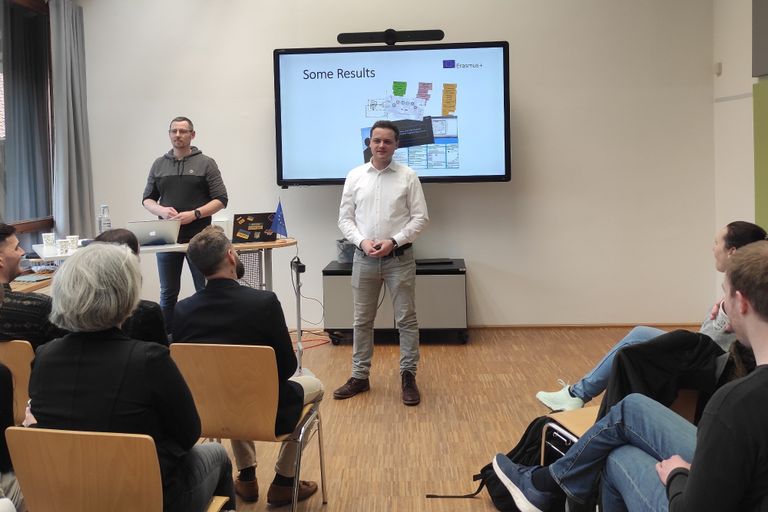
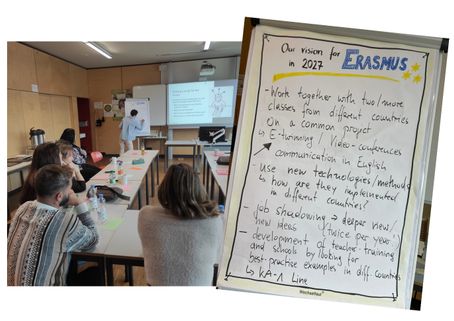
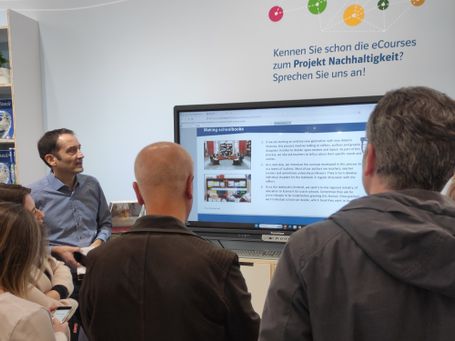
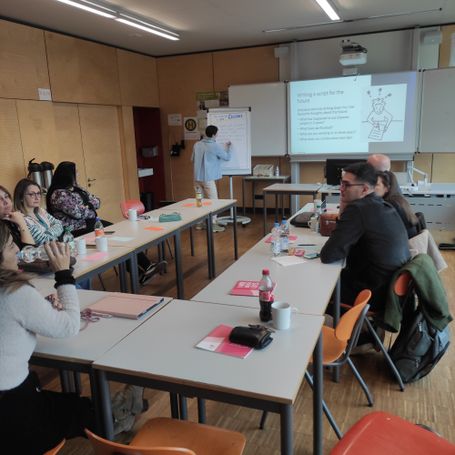
The structure of practical school training in these two countries is comparable to the implementation of the practical semester in NRW, Germany. Here, too, the approach was trialled in an initial run together with the IBL. The joint experiences were used to revise and modify the developed approach.
A further objective was the evaluation of the project activities by teachers in training and the implementing partner institutions. Based on the results of this project, approaches for further co-operation were developed.
The project results were presented to the interested public from the vocational training sector at a conference at ZfsL Gelsenkirchen with around 70 participants. Invited to this event were representatives of the district government in Münster, school administrators, trainers at the vocational schools in the area, trainers from the surrounding centres for practical teacher training and interested teachers in training.
Funded by the European Union. Views and opinions expressed are however those of the author(s) only and do not necessarily reflect those of the European Union or the European Education and Culture Executive Agency (EACEA). Neither the European Union nor EACEA can be held responsible for them.
Wir benötigen Ihre Zustimmung zum Laden der Übersetzungen
Wir nutzen einen Drittanbieter-Service, um den Inhalt der Website zu übersetzen, der möglicherweise Daten über Ihre Aktivitäten sammelt. Bitte prüfen Sie die Details und akzeptieren Sie den Dienst, um die Übersetzungen zu sehen.
